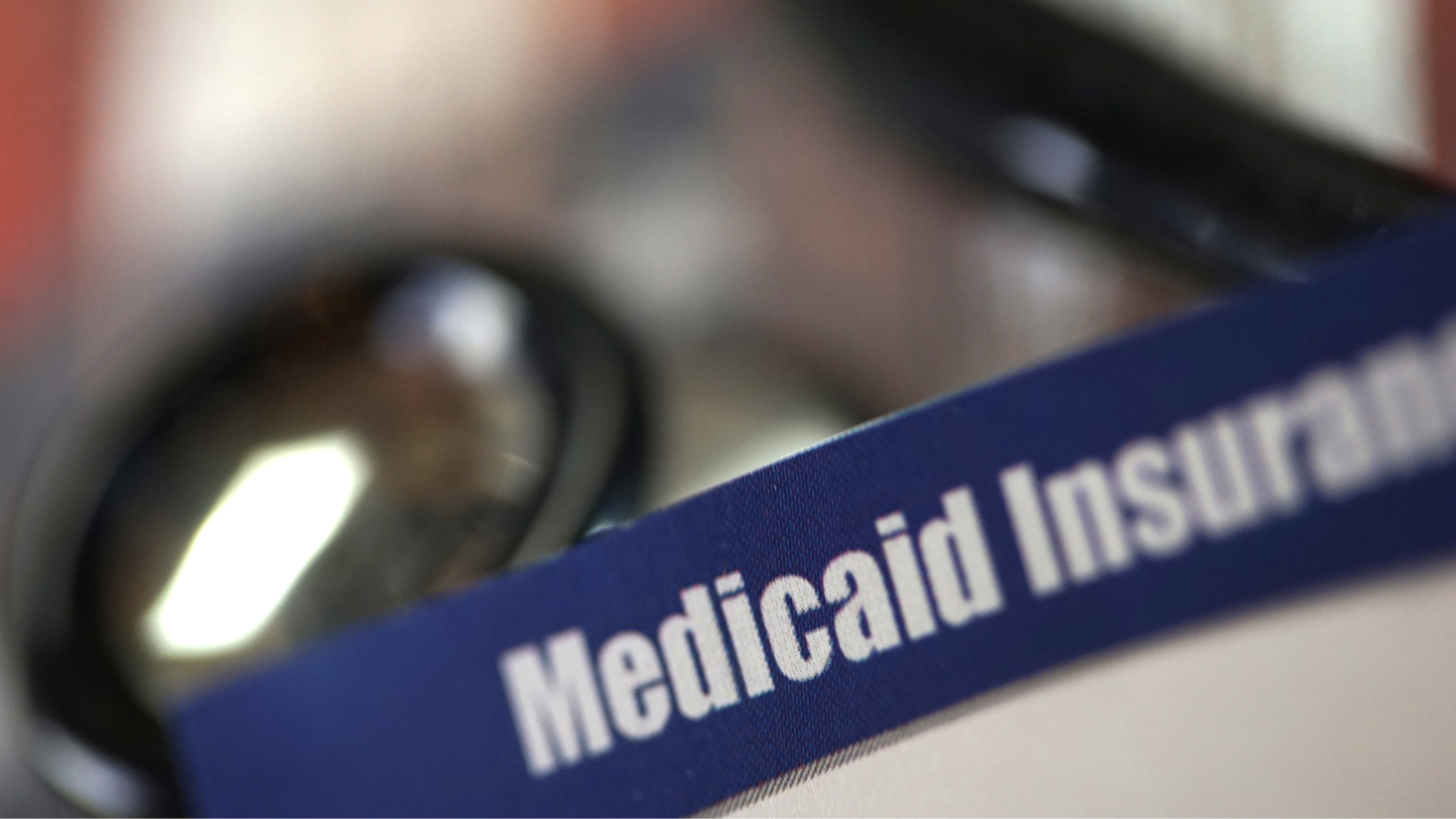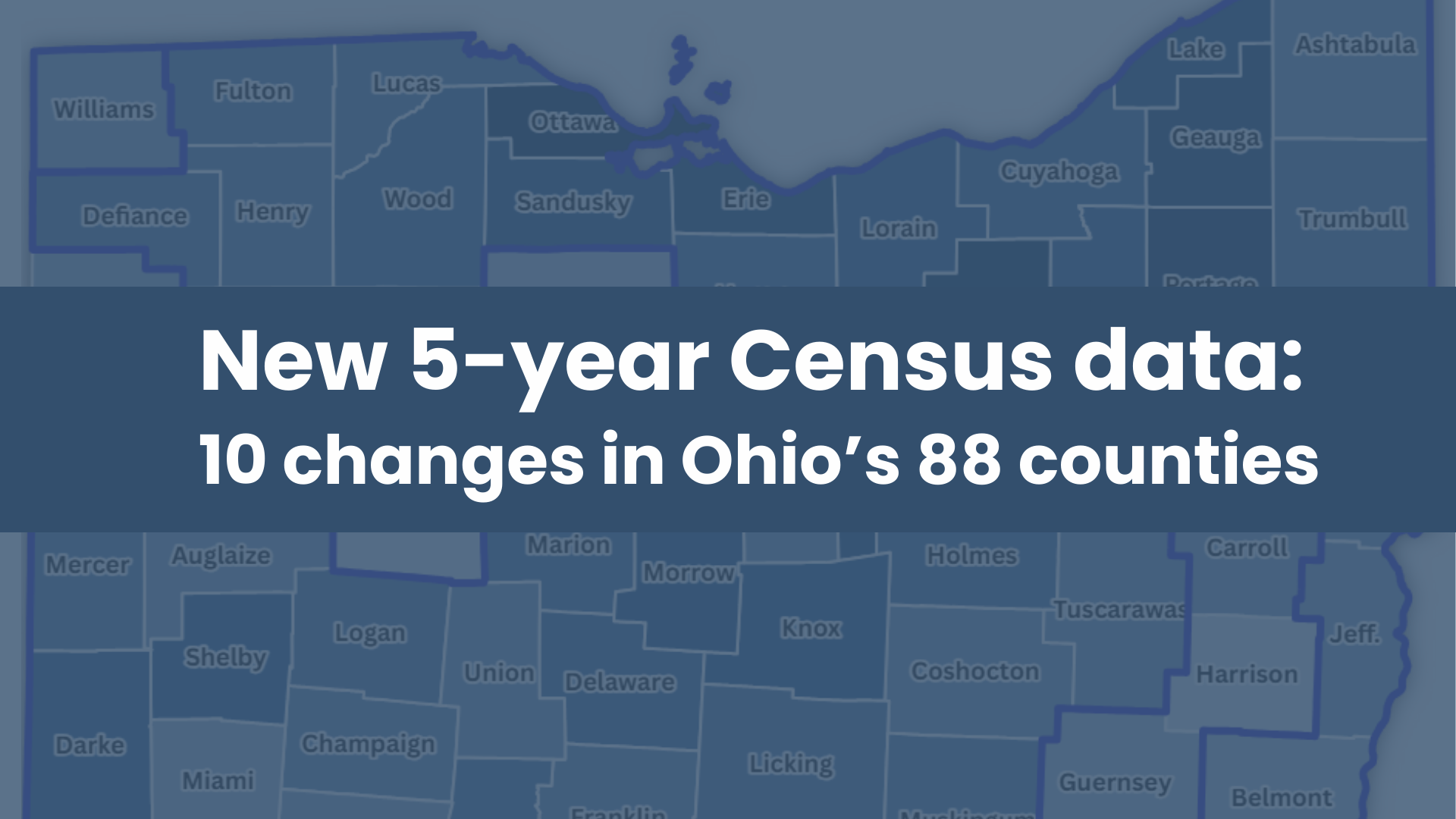The Center for Community Solutions advocates for strategies to promote positive health outcomes in infant and maternal health. From supporting the expansion of Medicaid for the postpartum period to ensuring doulas can be reimbursed through Medicaid, we want to make sure that infants and birthing parents don’t suffer from unnecessary health complications and deaths. There is one emerging issue that has gained more attention in this field that affects birthing parents and their families: maternal mental health (MMH).
Maternal mental health conditions are a major underlying cause of pregnancy-related death
According to the National Alliance on Mental Illness (NAMI), MMH “refers to a mother’s overall emotional, social, and mental well-being, both during and after pregnancy.” Also known as perinatal mental health, MMH conditions has become one of the major underlying causes of pregnancy-related deaths in the United States.
The Centers for Disease Control and Prevention (CDC) listed mental health conditions (including deaths to suicide and overdose/poisoning due to a substance use disorder) as the leading underlying cause of pregnancy-related death in the U.S. at 23 percent.
The Ohio Department of Health (ODH) recently released a report stating that half of all pregnancy-related deaths in the state were due to mental health conditions and injuries. Recently, Community Solutions highlighted the racial disparities within MMH. MMH conditions are affecting those around us more than we think.
MMH conditions vary for birthing parents during pregnancy and postpartum. This is not an exhaustive list of MMH conditions, risk factors, and symptoms.
Table: Maternal mental health conditions from pregnancy to postpartum
The negative health effects of maternal mental health conditions on birthing parents and children
Birthing parents suffering from MMH conditions sometimes experience other negative health outcomes, which also impact their babies. Many studies pointed out that MMH conditions have been associated with self-harm or suicide. Benedicte Marie Winther Johannsen, Janne Tidselbak Larsen, and their colleagues reported that suicide risk increases for women with severe mental illnesses compared to those without a psychiatric history. Daniela Fuhr, Clara Calvert, and their colleagues stated the Americas, Eastern Mediterranean, and Southeast Asia experience the highest prevalence of suicide during the perinatal period. Babies who are born to depressed birthing parents are more susceptible to low birth weight, longer stays in the neonatal intensive care unit (NICU) and have an increased risk of experiencing health issues like rash, vomiting, and diarrhea. Stress during pregnancy could also negatively affect the child. If a birthing parent is stressed during pregnancy, then their child will be at higher risk for symptoms of attention-deficit/hyperactivity disorder, anxiety, depression, and being on the autism spectrum.
Pregnancy and giving birth are often viewed as positive life experiences for individuals, but it is important to be aware that birthing parents might sometimes deal with mental health conditions. MMH conditions can affect anyone, regardless of demographics, and there are numerous ways professionals in the U.S. have been addressing this public health issue. Community Solutions will continue to highlight this pressing issue over the next few months. In the meantime, if you or your loved one is experiencing a MMH issue, please contact the National Maternal Mental Health Hotline at 1-833-TLC-MAMA (1-833-852-6262). If you or your loved one is experiencing suicidal thoughts, please contact the 988 Suicide and Crisis Lifeline by dialing 988. Both hotlines are available 24/7.
**Although we use the terms ‘women’ and ‘mothers’ in some cases due to how previous data was reported, we acknowledge and recognize that not everyone who could carry a pregnancy refers to themselves this way. We respect the identity of all pregnant or birthing people.







